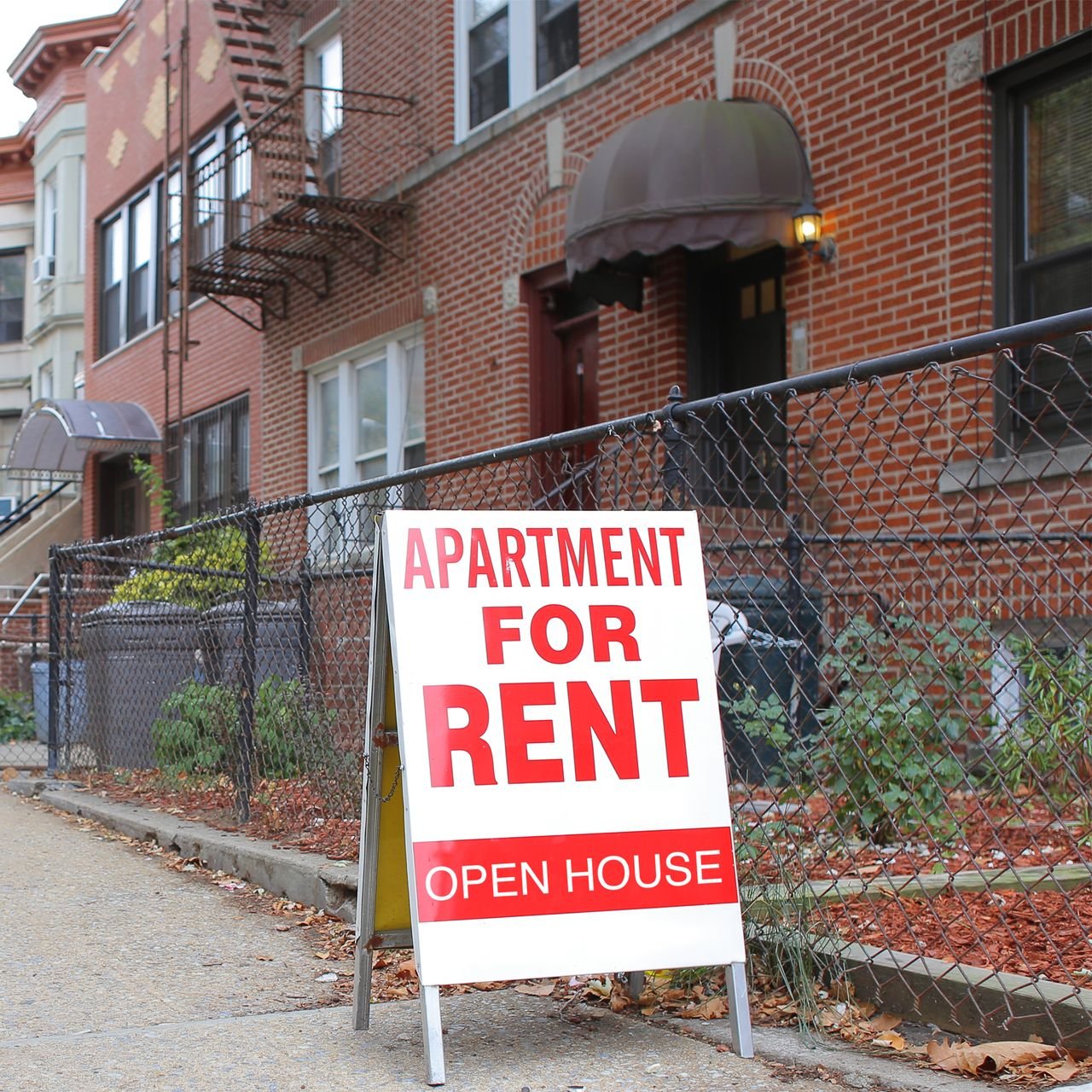St. Paul - So much of America’s progress would not have been possible without the transformational work of the Rev. Dr. Martin Luther King, Jr. Today, the Center for Economic Inclusion recognizes Dr. King’s work to more equitably pay workers in the service sectors.
PROMISE Act's Historic Investment: A much needed investment in Black and Brown Business Owners
The Time is Now for Racial Equity Impact Notes in Minnesota
By Betsy Ohrn, Director of Reserch
At the Center for Economic Inclusion (the Center), we are committed to redesigning policies, practices, and structures that have not only extracted wealth from, but have also prohibited the building and passing on of wealth or assets for Black, Indigenous, Latine, and Asian communities. This commitment has led us to become an active leader at the state and local policy level.
As different organizations and individuals propose and champion new bills, it is challenging to assess whether they will have a positive impact on economic inclusion and the lives of people across Minnesota.
In order to better understand these impacts, the Center has developed Racial Equity Impact Notes (REIN). Similar to the fiscal notes that state legislators receive right now prior to voting on new bills (to understand the financial impact of any proposed legislation), these notes assess the potential impact of legislation on racial equity.
What are Racial Equity Impact Notes?
REIN employs a similar model to the fiscal notes—they assess the potential impact of legislation on racial equity. REIN will employ a methodology to evaluate the intended and unintended consequences of policies, investments, and programs.
These notes could have had a great impact on certain rent control policies, for instance. Though well-intentioned, this legislation may have made racial inequities worse in some ways—may have even contributed to housing inequities due to the way income requirements and benefit expansions can lead to benefits cliffs which often leave families worse off. Racial Equity Impact Notes could have helped analyze rent control legislation to ensure that lawmakers find the right solutions to fix imbalances.
REIN In Action
So, what might these Racial Equity Notes look like in action? When assessing the impact of a Child Tax Credit (CTC) on Black, Indigenous, Latine and Asian families, for instance, lawmakers would be able to analyze the bill with a certain mindset specifically on racial equity. Such an analysis would show that a CTC could impact 463,000 children, almost 38% of children in the state. It would cut child poverty in Minnesota by 25 percent and lift 22,500 children out of poverty.i This would have an even larger impact on children that are Burmese, Mexican, Hmong, and African American. (add citations)
Bipartisan National Support
There are several states or localities across the political spectrum that have used some variation of REIN. For instance, Iowa, Colorado, Washington D.C., etc. are currently using impact notes. Iowa measures their criminal justice efforts, D.C. analyzes nearly all proposed legislation, and Colorado examines up to 20 bills per year all using some variation of racial equity impact notes.
After being introduced in the 2021 legislative session but not moving forward, the Center seized the initiative and created an unofficial working group, comprised of representatives from racially diverse communities and the Legislative Budget Office. This group reviewed national research on impact notes and tested methodology in two case studies to produce data for impact notes. Through their work, REIN was re-introduced 2023 with a focus on economic and workforce development.
Economic inclusion and prosperity require investing in Black, Indigenous, Latine and Asian owned businesses and workers, making this initial focus for REIN critical to Minnesota's economic growth and prosperity.
Help make this legislation a reality!
Find and call your legislators. To make racial equity a systemic part of policymaking, we need Racial Equity Impact Notes. Let them know you support HF 2821 that enhances economic inclusion and racial equity in Minnesota!
Download the Center’s 2023 Policy Agenda
Read the 2023 Racial Equity Impact Notes Proposal



